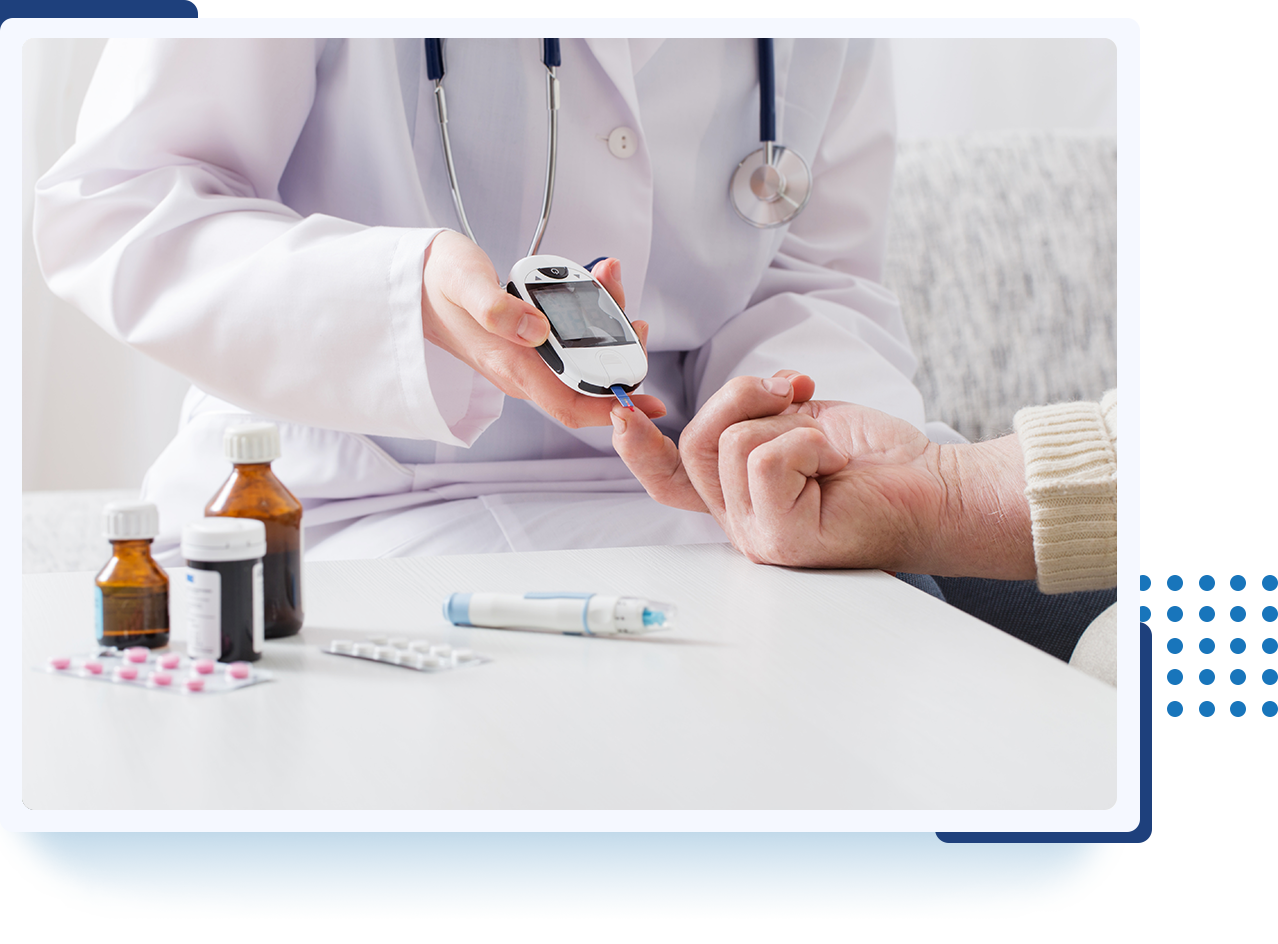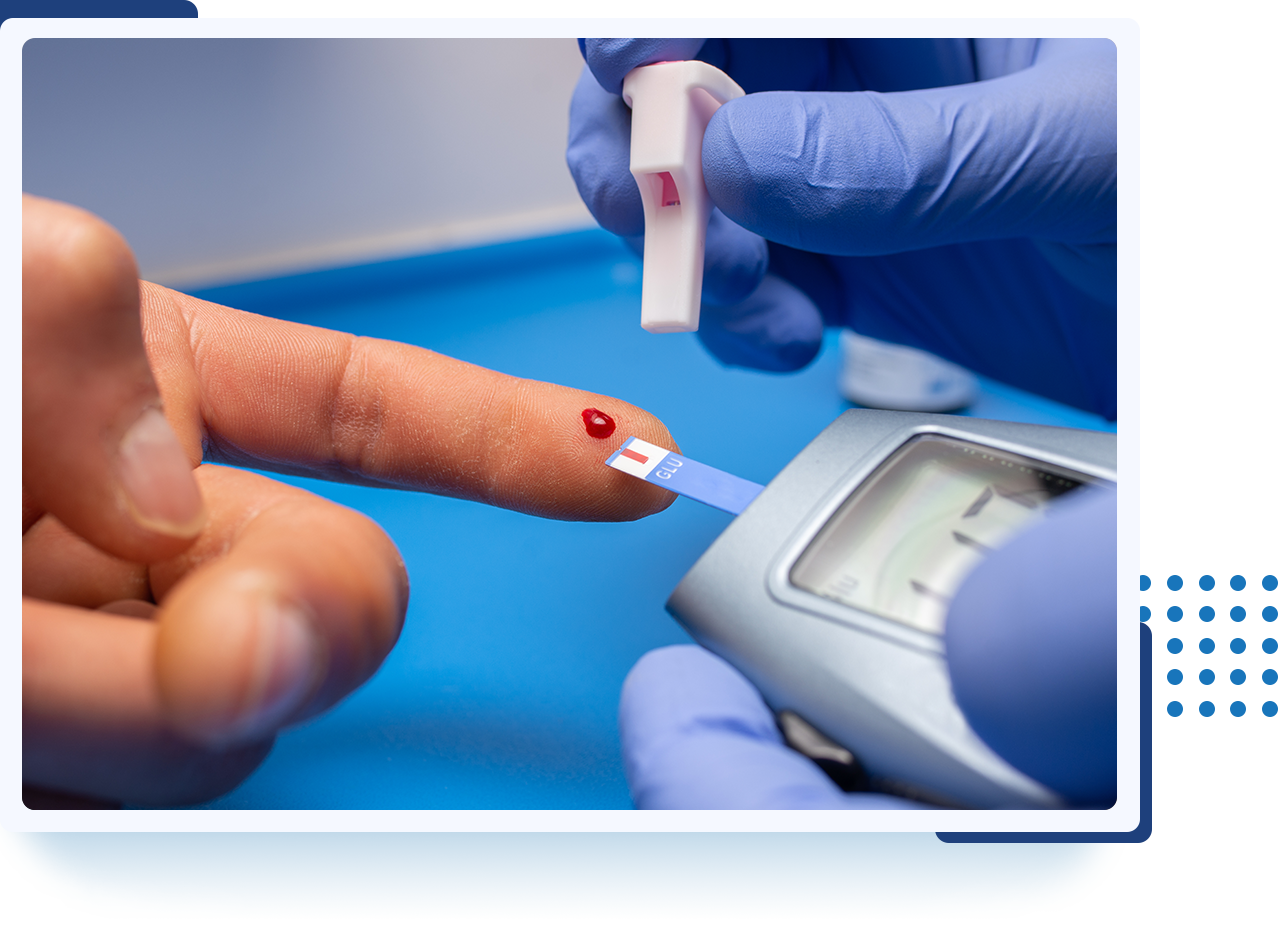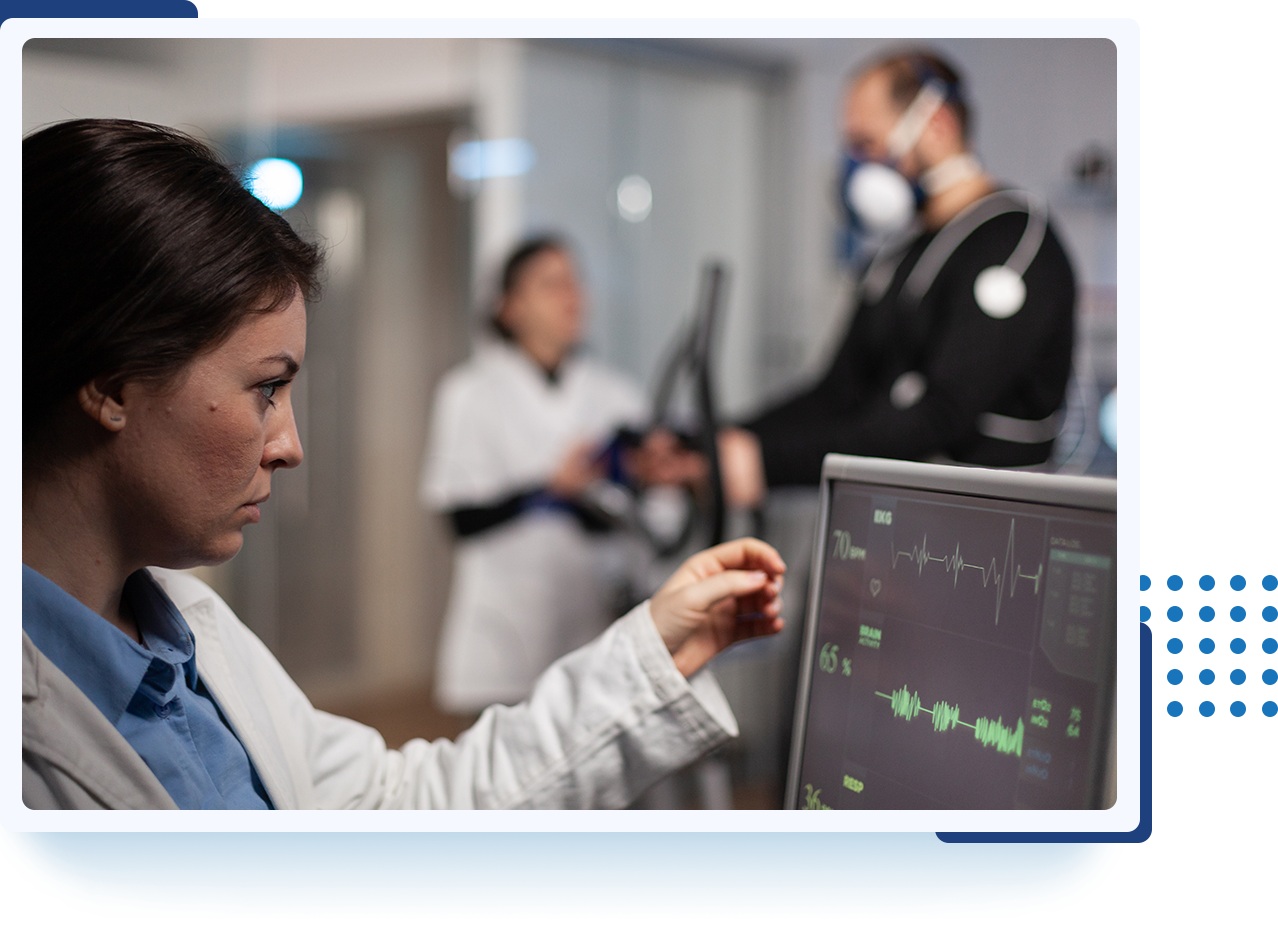Monarch Obstetrics and Family Medicine
We treat every person with the compassionate, quality medical care they deserve.

Health, Harmony, and Family Wellness
Specializing in Elective, Emergent, and Non-Emergent Surgical Procedures
Monarch Obstetrics and Family Medicine provides evaluation, treatment and education on a full range of conditions.

Why
Monarch Obstetrics and Family Medicine
- The doctors and medical providers at monarch obstetrics and family medicine have each patient’s best interest at heart in everything they do. They treat every person with the compassionate, quality medical care they deserve. As a full-service medical practice, Monarch makes it simple to get quality care for the whole family.
Monarch Obstetrics and Family Medicine
Doctor’s Plaza West 1st Floor
910 S. Bryan Rd. Suite 104
Mission, Texas 78572
Office Hours:
Monday – Friday: 8:00am – 5:00pmSaturday – Sunday: Closed























